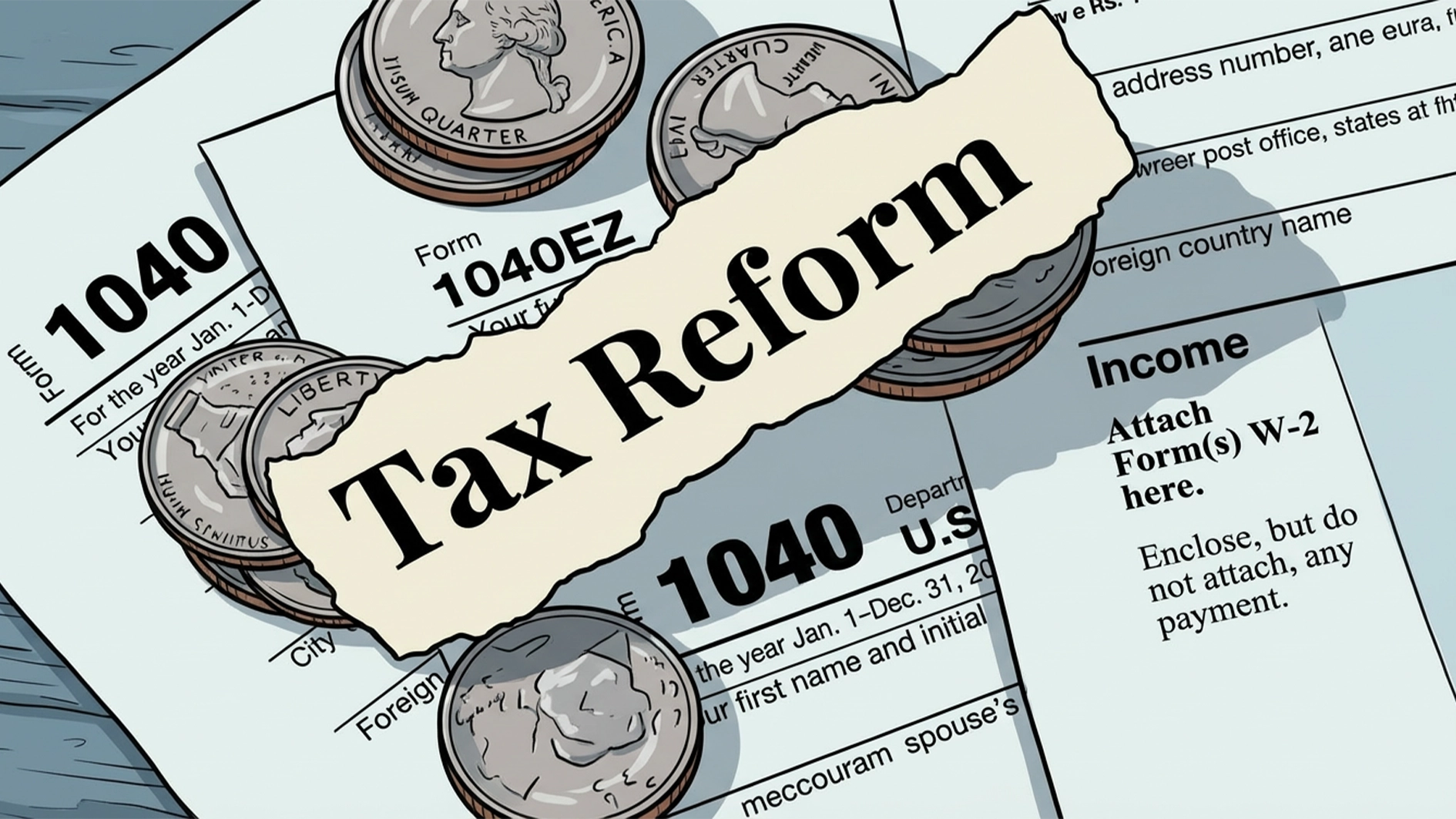Investing in rail has strong potential to generate decent green jobs and advance a just transition, the International Labour Organisation (ILO) has said.
As part of the recommendations adopted by tripartite constituents comprising the government, employer and worker representatives, ILO stated that shifting to a lower-carbon mode could also drive a socially sustainable future.
However, it said the sector would need major investment in workforce training, reskilling and in attracting and retaining staff.While reflecting the railways sector’s commitment to promoting the ILO’s fundamental principles and rights at work for all, it stressed that the sector is committed to giving particular attention to diversity and inclusion and the consequences of innovation through social dialogue and investment in human capital, including protecting the labour and well-being of workers.
Director of the ILO’s Sectoral Policies Department, Frank Hagemann, stating that the railways sector is highly strategic for the economic development of many countries and is vital for the transport of passengers and delivery of goods, said this meeting provided a platform to look at the sector through the lens of social justice and the ILO’s Decent Work Agenda, based on social dialogue.
The resulting conclusions and recommendations, when implemented, he said, would improve outcomes for railway workers and public and private employers alike.
He underlined the link between operational safety and occupational safety and health. He noted that stronger regulations can both support business growth and create an enabling environment for sustainable public and private enterprises, preparing the sector for environmental and technological transitions.
Participants highlighted the need to reinforce labour administration and inspection systems, and to promote safe and healthy working environments, including a strong safety culture.
According to them, the railways sector is vital for moving people and goods, supporting trade and tourism, and driving sustainable growth.
“It is a major employer in many countries and among the most energy-efficient transport modes. In some contexts, rail is also central to sustainable supply chains, energy transition policies, and mobility,” they said.






